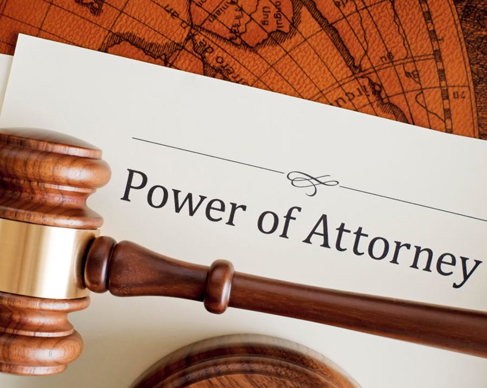
Power of Attorney (POA) law is a legal framework that allows one person, known as the "principal," to grant another person, the "agent" or "attorney-in-fact," the legal authority to act on their behalf in specific matters. This legal instrument is used in various situations where the principal may be unable to manage their own affairs, such as due to illness, travel, or legal incapacity.
POA is a versatile legal tool that can cover a wide range of responsibilities, from financial and property management to healthcare and legal decisions. Key aspects of Power of Attorney law include:
Types of Power of Attorney: There are different types of POAs, including General Power of Attorney (broad powers), Limited Power of Attorney (specific and limited powers), and Durable Power of Attorney (remains in effect even if the principal becomes incapacitated).
Creation and Revocation: To create a POA, the principal must be of sound mind and willingly grant authority to the agent. They can specify the scope and duration of the authority. The principal can also revoke or amend the POA at any time as long as they are mentally competent.
Agent's Responsibilities: The agent is legally obligated to act in the best interests of the principal and must follow the instructions laid out in the POA. Any breach of these duties may lead to legal consequences.
Notarization and Record-Keeping: Some types of POAs require notarization for validity, while others do not. It is advisable to maintain accurate records and copies of the POA documents.
Enduring Utility: POAs are often used for long-term planning, such as for medical decisions, estate planning, and financial management, to ensure that someone can manage the principal's affairs if they are unable to do so themselves.